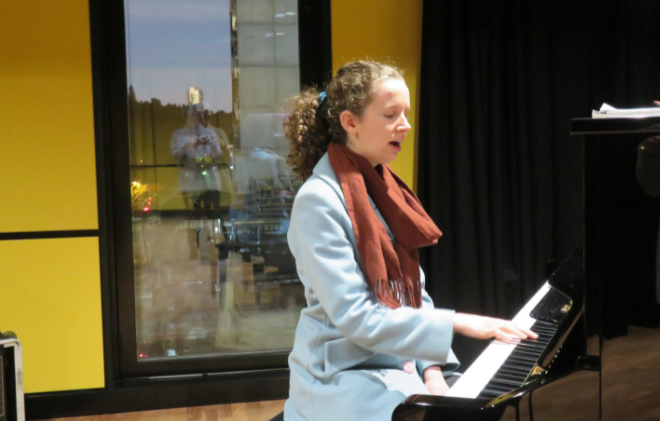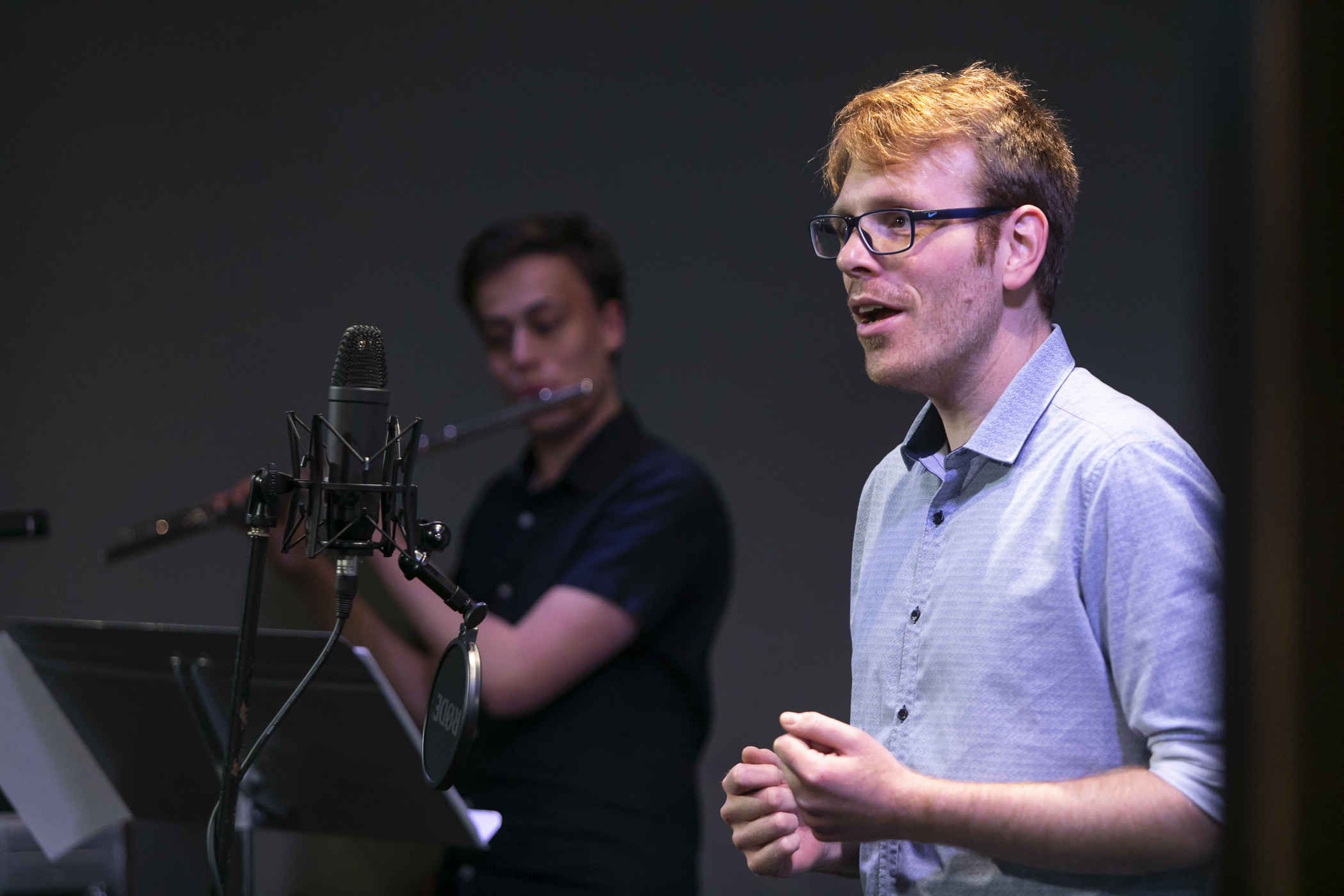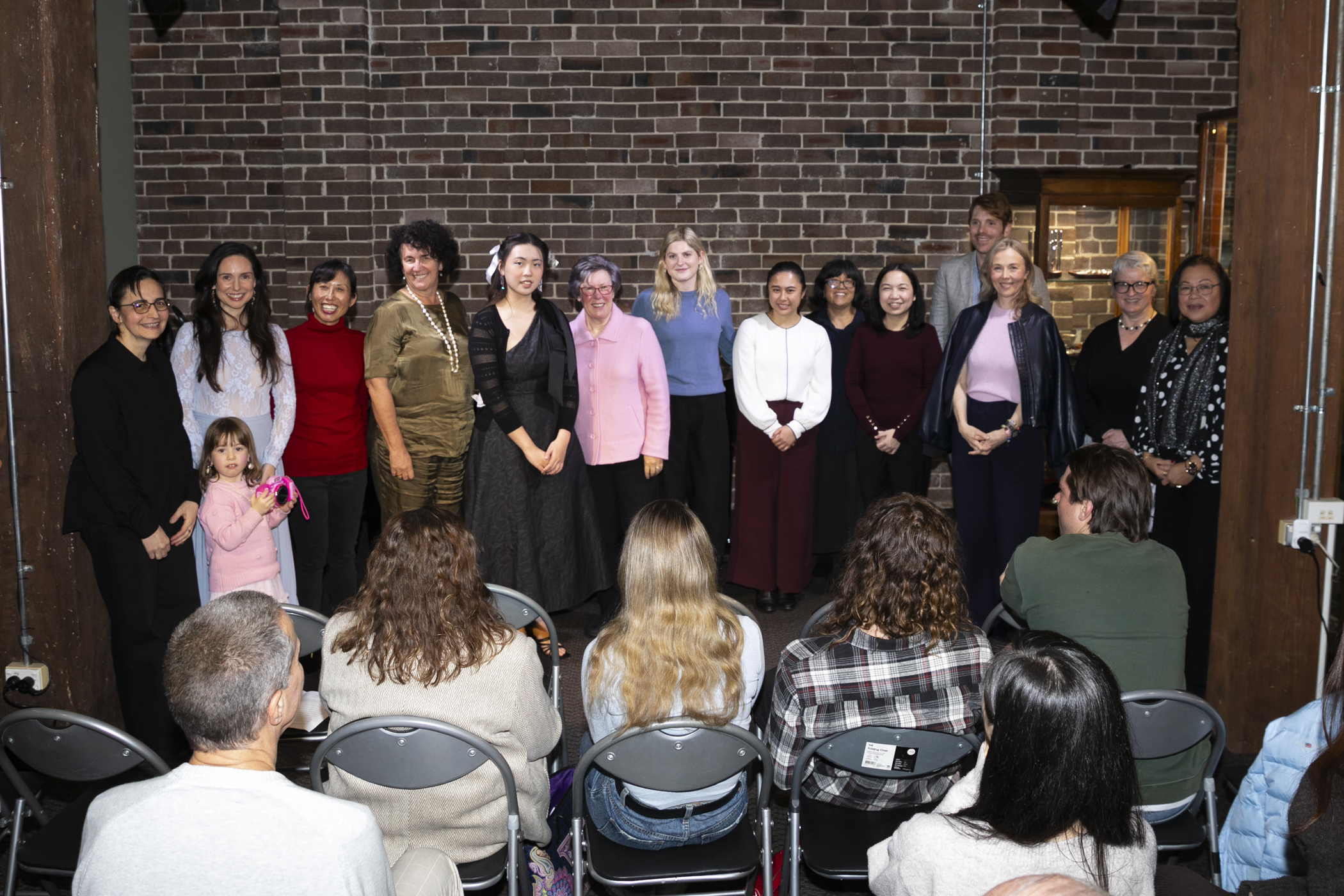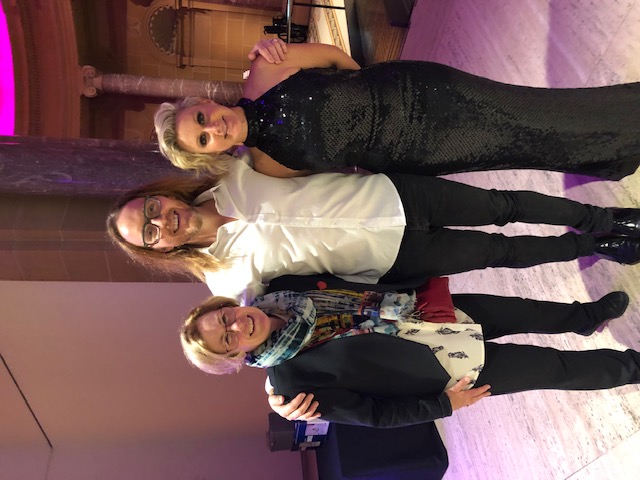Thinking out loud – an effective approach to learning to sing
Learning to sing is a complex, whole body and mind experience, with multiple processes occurring at the one time. Cognitive, physiological, emotional, auditory (hearing) and mental processes all need to be coordinated for the act of successful singing – which can take time and commitment to achieve.
As we’ve explored in a previous article, anyone can productively learn to sing with respectful, empathetic and constructive guidance from an experienced singing teacher.
While studies show that learning singing and music have many benefits for our brains, the act of not only thinking, but speaking about what you learn reinforces these benefits – and enhances your progress.
Thinking and speaking about your goals and actions helps you focus
When you first learn to sing, your mind can be overwhelmed with thoughts, expectations or judgements. So, while I encourage students to think about their learning practice more than the sound of their voices, I also recommend they speak their singing goals and intended actions out loud. Using spoken language to ‘narrate’ your actions engages your brain’s pre-frontal cortex, which helps distract your mind from any emotional thoughts and processes so you can better focus on each moment. Similar to the concept of mindfulness, it’s about detached observation – in this case, observing how you intend to set up your body, breath and voice to create sound, and awareness of what you notice along the way.
To start, you might speak out loud your foundational singing goals such as, “I’m going to work on releasing my jaw during my in breath and feel my rib space open up.” This helps you focus on the action itself, without trying to control it too much, instead allowing room to explore different approaches.
With my students, I’ve found that this interplay between the cognitive and emotional processes of learning can bring up vulnerability in some – for example, learning to open the throat and loosen the jaw. So, it’s important to have an emotionally and physically safe place to experiment with this type of focused work; for both student and teacher to be patient and compassionate in these instances, and to reward yourself for being adventurous.
Repeat, reflect, revise, refine
Repeating an action, and focusing on one action at a time, builds a template or model in your brain, in your muscles and your reception of tone or sound changes. This is known as a bulls-eye targets approach to your singing practice.
Reflecting on what you’ve learned is important too, so try following each repetition of a skill with some self-reflection or discussion with your teacher. This helps develop your self-awareness and self-reliance, as well as your muscle memory, because you’re connecting your intentions, your actions and the results.
When reflecting on an exercise such as loosening your jaw, some questions to ask yourself are: “How did that experiment go? What did I feel has changed? Did I hear a change in the tonal quality?”
Gradually, you can build on these templates for more complex skills and goals to refine the precision of your vocal, technical and performance-related goals.
Focus on your process, not the outcome
When you start singing lessons, it’s natural to focus on your voice and the sounds you make, and to even anticipate perfection. However, I encourage singers to pay less attention to their sound and more to what their goal is in working their voice, how they set up their body and ho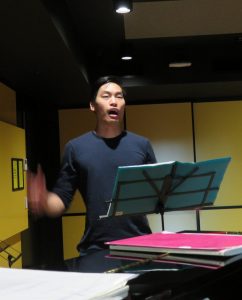 w they observe their actions, especially what they feel in specific muscles.
w they observe their actions, especially what they feel in specific muscles.
Without this depth of awareness, a singer trusts themselves less and becomes reliant on audio engineers, teachers, or peer approval. They can learn bad habits and potentially damage their voice.
As one student, who used to perform in a band, told me: “The audio engineer just used to say ‘Sing louder, can’t you sing louder?’ So, I’d squeeze and push the sound out of my throat, trying to force sound into the mic. I built up such tension, singing became uncomfortable and I hated the band, the shows and my singing. When Kathleen trained me to open my throat, and allow the sound to move freely, at first my brain and physical action said, ‘No, no, no!’ It took a while to unlearn those harsh habits.”
Thinking about how you approach singing is a lifelong habit. Over time, you learn to trust your process and develop your singing skills, gaining confidence in your ability to create your unique sound.
Want to put more thought into your singing training? Kathleen Connell’s collaborative approach helps you achieve your singing goals. Browse the studio’s in-person or online singing lesson packages, and if you have a question, get in touch.

